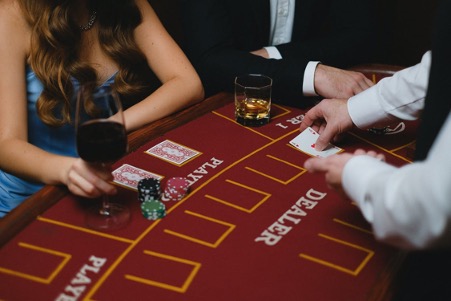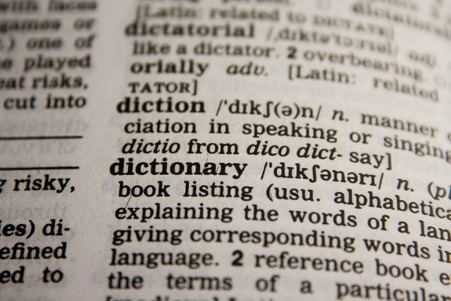


Enduring Allure
Poker has been popular for hundreds of years, originating as the French game of Poque in the 17th Century, developing over the centuries in the French colonies of the deep south of the USA, and evolving into the game we know and love today, with its different variations, and constant evolution throughout the years.
Tournaments

The World Poker Tour estimates that there are in excess of 100 million online poker players in the world, and this enduring popularity and online boom has led to increased coverage of many poker tournaments, both online and in-person. Prizes for the biggest tournaments are simply staggering.
Seeing these life changing amounts of money bandied about, and the increased accessibility to online casinos, there are more and more beginners visiting casinos keen to try their luck. But how can they make sure their first visit is not their last? What should they be aware of and what are the pitfalls to avoid?
A beginners’ guide to poker: key takeaways
A poker beginner should make sure they understand the basics of a poker hand; what constitutes a strong hand, and what doesn’t. It does not guarantee success as there are so many other variables in the game, but it is a good place to start.
Once the player has an understanding of the hands, it is important to have an understanding of the odds of that hand a) appearing, and b) winning. A really strong hand may guarantee a win, but the probability of getting in are low, so it is a balancing act to work out what will be a winning hand.
There are plenty of resources available to support players, including this very handy poker simulator and calculator, where players can input their hand and the communal cards to get a rough idea of the percentages, and if it is worth continuing.

Learning to play poker is as much about learning to play cards, as it is about learning the terminology. Knowing what competitors round the table are saying is key to understanding the game. It is also vital to know how to place bets and back out when needed. Simply being out of the loop can seriously affect confidence levels, and as a direct consequence, performance.
There are so many different words and phrases to learn, and there are many sites dedicated to collating all the different terminology used in poker games. Some terms are ones that are used in daily life and have become idiomatic expressions or even clichés, such as ‘going all in’ (meaning to give it your all), having a ‘trump card’ (meaning having some sort of advantage that is unknown to others), and ‘follow suit’ (meaning to do the same things as the person who has preceded you).
However, these terms may not mean quite the same in the poker context, and there are many more terms that may be completely new to the lay person. For example, ‘Bankroll’ is the amount of money available to play with, ‘Raise’ is betting a higher amount than has been placed previously, and ‘kicker’, the card used to break ties.
Fitting into the environment is also key. Many of the top casinos have accepted that whilst a suit and evening wear may bring the Hollywood glitz to the casinos floor, it is not the most comfortable clothing, and players will not stay as long, so dress codes have been relaxed to encourage players to stay longer. However, that is not to say that casinos will accept shorts and flip-flops, so all players should make sure that they do a bit pf research to make sure that they will fit in with the rest of the patrons, not only so they can get in, but also so they won’t look out of place, thus advertising that they are new.
Many of the world’s best casinos will also have a beginners section, so it is important that any novice takes advantage of this to ensure they get the best support, and have the best possible experience.
All poker players, not just beginners, need to be aware of their limits, though beginners may need more practice to recognise the signs that they need to stop. Players need to use their knowledge of the game rules, hands, and hands odds to make informed decisions on how they play: whether they call, raise or fold. Bluffing is tough for even the most experienced players, and tells cannot always be relied on, so for the most part beginners need to really understand and focus on their game and their cards.
Additionally, beginners should set themselves some limits, and not wager more than they are prepared to lose. Poker is a game of skill with an element of luck, so even the best players may find that they lose once in a while, and novices need to ensure that they stick to their limits and do not chase their losses. Doing so can lead to a number of problems, one of which is not being able to or not wanting to return to the table.
Beginners playing poker will find that there is a lot going on and a lot to think about at any one time. They must make sure they go into it with some concept of the game and what to expect from a casino, and should take advantage of beginners tables and the support offered by the casino.